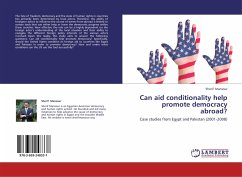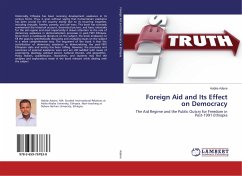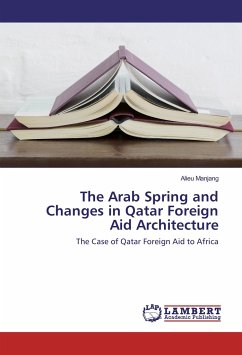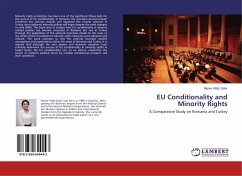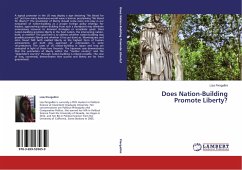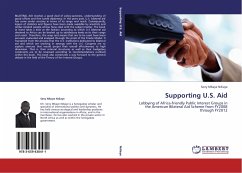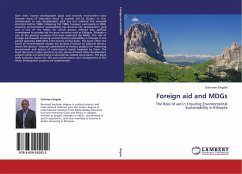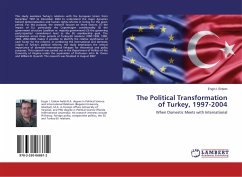The fate of freedom, democracy and the state of human rights in countries has primarily been determined by local actors. Therefore, the ability of foreigner actors to influence the course of events from abroad is limited to certain tools that can either help or harm the democratic progress within these societies. How effective this role can be is highly dependent on the foreign actor s understanding of the local situation and their ability to navigate the different foreign policy interests of the various actors involved. Given this reality, this study aims to answer the following questions: Can aid conditionality help promote democracy? Specifically, should the United States condition its foreign aid to countries like Egypt and Pakistan in order to promote democracy? How and under what conditions can the US use this tool successfully?

